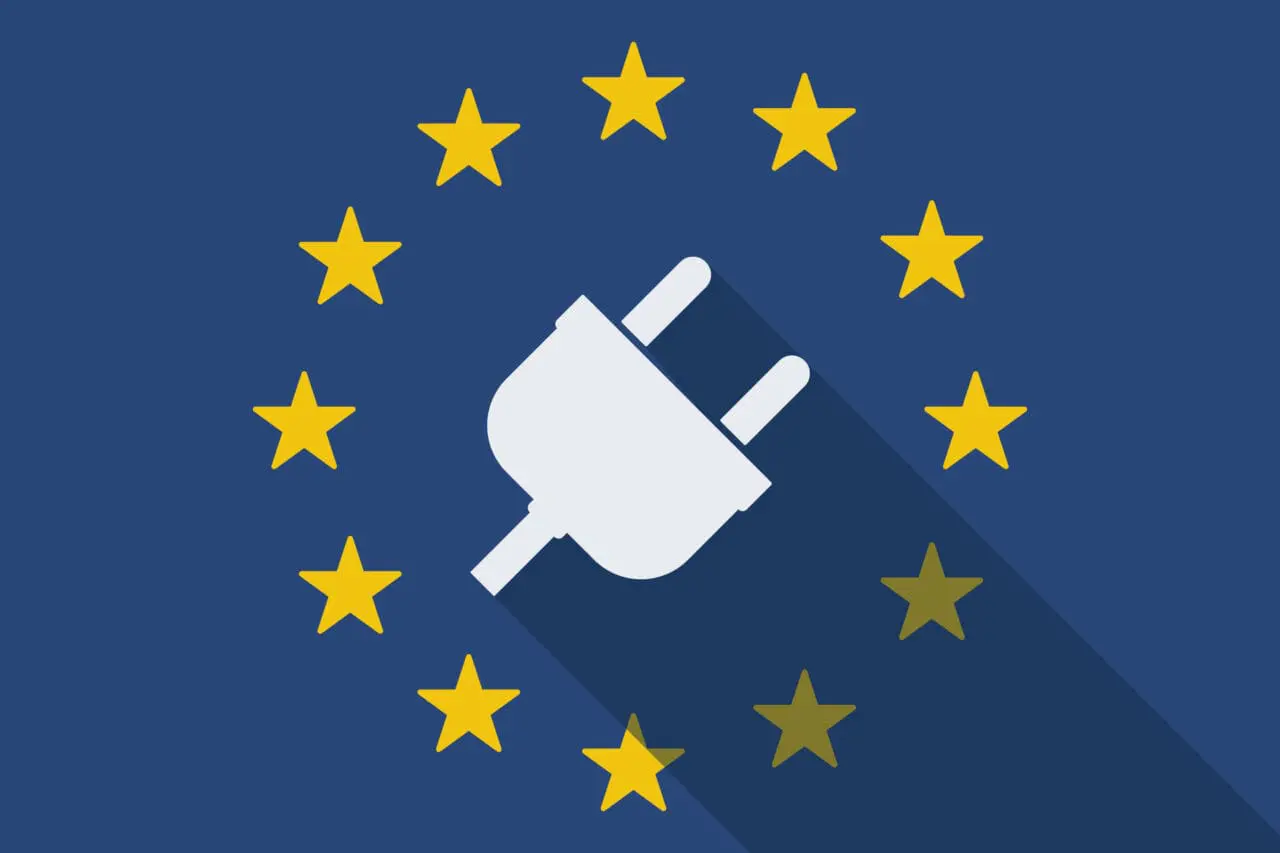

Following the recent news that the EU plans to introduce a single, universal charger for all devices, it has been reported that the UK has said that it is not currently considering copying the idea.
A week ago, the EU parliament announced that by autumn 2024, USB Type-C would become the standard charging port for all mobile phones, tablets and cameras in the EU. This will mean that consumers will no longer need a different charging device and cable every time they purchase a new device and can use one single charger for all their small and medium-sized portable electronic devices.
It has been reported that the reasons for this change are to make products in the EU more sustainable, reduce electronic waste, and make consumers’ lives easier. Also, charging speed is harmonised for devices that support fast charging, allowing users to charge their devices at the same speed with any compatible charger.
The EU parliament says that having one universal charger will lead to more re-usage of chargers and will help consumers save up to 250 million euros a year on unnecessary charger purchases. Also, it will help the environment by reducing the growing pile of e-waste. For example, disposed of and unused chargers are estimated to represent about 11,000 tonnes of e-waste annually.
It has, however, been widely reported that the UK government is not currently considering replicating the EU’s idea. A parliamentary report from December 2021 states that “the new requirements may also apply to devices sold in Northern Ireland under the terms of the Northern Ireland Protocol in the Brexit Agreement, potentially triggering divergence of product standards with the rest of the UK.”
When the proposal for a universal charger for the EU was first proposed, it was met with objections from Apple, which has its own Apple-made “Lightning” connector. In September 2021, for example, Apple said that requiring just one type of connector “stifles innovation” and would “harm consumers” in Europe and worldwide.
Having just one type of charger for all devices sounds like it could be very helpful to EU consumers, provided that the charger is reasonably priced and could be better than being faced with a dizzying array of different charger options and trying to find the right one quickly, e.g. if a charger has been forgotten or is broken. The EU rule, however, will be bad news for those companies which currently manufacture the many different types of chargers and for many retailers who now derive revenue from the many other chargers and cables. For Apple, the EU’s decision also appears likely to cause problems and force the company to devise a potentially costly solution for its many devices and push it into the uncomfortable area of having to accept a third-party charger instead of its lightning connector. The EU’s new charger rule is likely to be a positive step for the environment and potentially reduce the amount of e-waste currently being produced. However, many UK consumers are likely to be disappointed that the universal charger will not apply here both from a convenience and an environmental point of view.
This website uses cookies to improve your experience. Choose what you're happy with.
Required for the site to function and can't be switched off.
Help us improve the website. Turn on if you agree.
Used for ads and personalisation. Turn on if you agree.
This website uses cookies to improve your experience. Choose what you're happy with.
Required for the site to function and can't be switched off.
Help us improve the website. Turn on if you agree.
Used for ads and personalisation. Turn on if you agree.